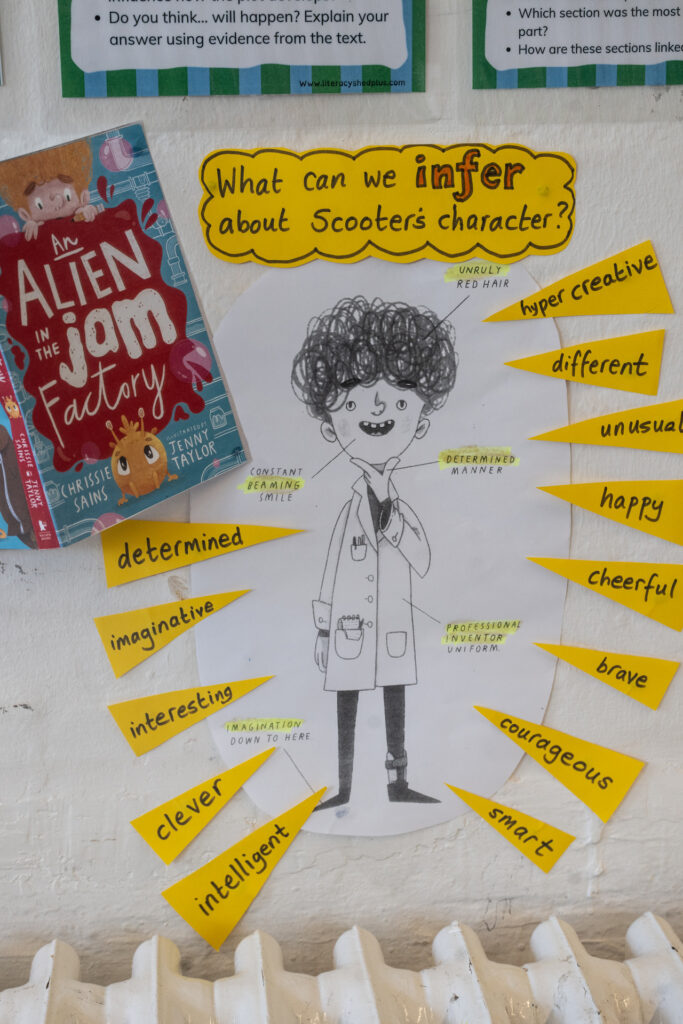How early, adaptive tutoring, tailored to specific needs can make a difference.
Across England, the ongoing SEND crisis has left schools, local authorities, and families navigating a system under strain. Rising levels of need, coupled with stretched funding and staff shortages, have created an educational landscape where even the most talented and committed practitioners are struggling to ensure that every child receives targeted and personalised support.
In the Department for Education’s 2024/25 report, Special Educational Needs in England, over 1.7 million pupils are identified as having special educational needs. Nearly one in five pupils now receives some form of SEN support, a 20% rise since 2015/16, reflecting a marked increase in diagnoses of autism, ADHD, and speech, language and communication needs, alongside a 104% increase from 2015/26 in pupils with Education, Health and Care Plans (EHCPs). (House of Commons Education Committee (2025) Solving the SEND Crisis: Report of the Education Committee.)
With more pupils awaiting EHCPs, limited access to in-school specialist support, and growing administrative pressures on SENCOs, mainstream schools are struggling to meet the needs of children with SEND. The Education Committee’s Solving the SEND Crisis report, published this October, points to ‘insufficient funding, expertise and systemic support’ and states that SEND ‘must become an intrinsic part of the mainstream education system, rather than an addition to it,’ and that right now inclusion is an ‘aspiration rather than a reality’.
As an external specialist literacy intervention provider, this reality presents both urgency and challenge: over 30% of the children referred to our Key Stage One Literacy Lab programme are on the Special Needs register and this does not include those children who are yet to be diagnosed. In fact, our tutors report that in many cases, schools make referrals because they know the child is struggling, though the underlying reasons for the referral have not yet been identified.
A rigorous approach to understanding the individual needs of every child and delivering personalised support is fundamental to good, inclusive practice. However, the growing pressure on schools to meet increasingly complex learning needs makes this ever more challenging. Many children wait too long for specialist assessment or formal plans, yet if schools provide the right intervention at the earliest stage, this could transform outcomes.

“At Hollydale, we’ve seen a rise in pupils with additional needs in reading and writing, and Literacy Lab and Story Lab have been transformative in supporting them. Their nurturing, evidence-based approach has strengthened pupils’ confidence, engagement, and wellbeing, while securing clear progress in reading, writing, and oracy. These interventions have been instrumental in ensuring that the gap for our most vulnerable learners continues to close.”
Reema Reid, Headteacher, Hollydale Primary School
The detailed findings and recommendations in the Education Committee’s report make for sobering reading: support in the early years sector is significantly under-resourced, underfunded and inconsistently available, resulting in a failure to deliver at a critical stage for the early identification of children’s needs. Investment in early years provision is required to ensure that practitioners are adequately equipped with the skills, resources, and capacity to identify needs promptly, provide appropriate and effective support, where possible, mitigate the escalation of more complex needs in later childhood. As the report highlights, “We know that early intervention prevents unmet needs from escalating… getting it right in the early years is essential to supporting children’s development, health and life chances”. (DfE).
The learners we support present a broad spectrum of needs from dyslexia and speech, language and communication difficulties to SEMH, ASD, and ADHD, all requiring skilled, adaptive teaching approaches tailored to their specific needs. Our tutors work closely with schools to understand each child’s unique literacy needs. Our holistic, evidence-based approach equips tutors with a diverse toolkit of resources and techniques so that lessons can be planned and delivered to meet the specific needs of each and every child referred. As well as strengthening core literacy skills, we go beyond reading support, placing oracy at the heart of the learning journey, believing that without a secure foundation in oral language, children lack the vocabulary and conceptual understanding needed to become fluent readers and confident writers.
In supporting children with diverse needs, we know that while systematic phonics has transformed early reading for many, not every child flourishes with a rigid phonics scheme. We have therefore evolved different methodologies: some children benefit from approaches that weave phonics into meaningful literacy experiences, such as analytic or speech-to-print methods that begin with spoken language and real words rather than abstract drills, or multisensory techniques that help children see, hear, and feel sounds as they learn. Others respond best when phonics is embedded in rich, contextual reading, connected to vocabulary, comprehension, and fluency practice. By using these evidence-informed methods, our tutors can make phonics more flexible, inclusive, and responsive to the diverse ways that children learn to read.
Helping schools to address SEND needs is a critical part of what we do as a literacy intervention specialist, equipping all children, irrespective of need, with the skills necessary to make positive and sustained progress in the classroom.

